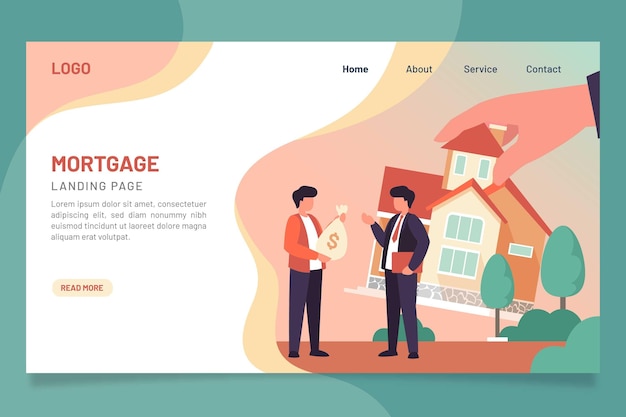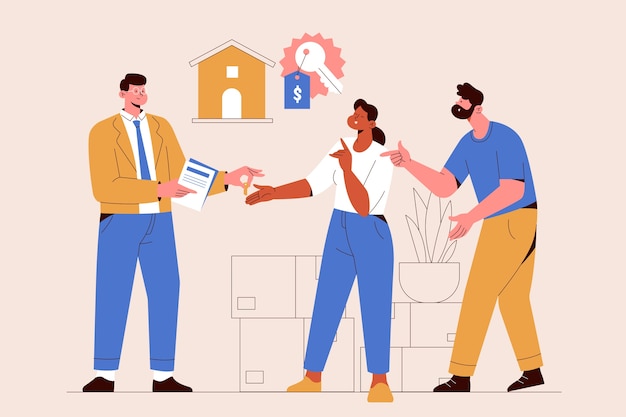
The decision between renting versus buying a home is one of the most heated discussions when it comes to personal finance. Individuals often grapple with the dilemma about whether it’s wiser financially speaking to rent or purchase a home. If you’re currently renting and think it might be time to own your home, it’s crucial to make an unbiased assessment of your situation as this is a decision that relies heavily on an individual’s unique circumstances.
In 2020, when I ventured into buying my first house, I took time to clearly understand both the buying and renting perspectives before making my decision. I drew insights from benlefort.com, which provided two schools of thought: proponents of house ownership who argue that ‘rent is just paying someone else’s mortgage’ and rental supporters who counter with ‘a house isn’t an investment as it incurs costs and should be treated as a liability, not an asset.’
Hence, before diving into homeownership, take time to examine the pros and cons that I considered when making my decision. This should help guide you in choosing the best option for you.
RENTING VS BUYING PROS AND CONS
Notably, the choice to either rent or buy a home is complex, considering the multiple benefits and drawbacks associated with each option. I explored the pros and cons of each choice extensively and, the insights drawn formed the basis of my decision:
PROS OF HOMEOWNERSHIP
Owning a home builds equity – the value left after deducting the owed mortgage from the current home worth. You have greater liberty to make home improvements and upgrades. Additionally, some tax benefits come with homeownership, such as potential deductions for mortgage interest and property taxes. Moreover, homes often appreciate over the period of a mortgage.
CONS OF HOMEOWNERSHIP
Homeownership, however, mandates initial costs like down payments and closing fees. Economic factors can depreciate your home’s value, and you are personally responsible for all maintenance and repair expenses as well as utilities.
PROS OF RENTING
Renting offers fixed and predictable monthly housing costs, with some utilities potentially included in the rent. Once your lease ends, there’s no obligation to renew, allowing mobility. The landlord covers necessary repairs and maintenance costs, and there’s no need to save substantial amounts like a down payment or closing costs.
CONS OF RENTING
On the flip side, rent payments don’t contribute to ownership. Also, your freedom to modify the property could be limited by the landlord. Rent may increase over time, and the landlord may choose to sell the property or not renew your lease.
AEW OTHER CONSIDERATIONS BEFORE BUYING A HOME
1. FINANCIAL PREPARATION
Homeownership is a considerable financial responsibility. Besides feeling financially comfortable, your lender needs to approve your readiness. You might need to make a deposit, which is dependent on your chosen mortgage plan. On top of that, having a savings cushion of at least three to six months of expenses is recommended to avoid being “house poor”. An amount closer to 8-12 months might be more comforting in a shaky economy or if you have fluctuating income or dependents.
2. CREDIT SCORE
Maintaining a good credit score ensured I was approved for a mortgage. Lenders want to confirm your track record of managing debt responsibly. Traditional mortgage lenders typically require a credit score of at least 640 to qualify. A higher score will yield better interest rates and more favourable loan terms.
3. LOCATION
Consider your long-term plans. Homeownership might not be the best if you foresee constantly moving. I knew I wanted a home close to parks and hiking trails. Remember, buying a house comes with a significant upfront investment that you likely won’t recoup for about five.
4. CLOSING COSTS
Closing costs can run into thousands and should not be overlooked while applying for a mortgage loan. You can opt to finance closing costs into the loan, but this implies higher monthly payments and interest for these costs.
IS HOMEOWNERSHIP RIGHT FOR YOU?
Finally, the decision to own a home rests solely with you. It’s advised to thoroughly consider renting versus buying pros and cons, in addition to examining what homeownership entails. Your insights will guide you towards what’s right for you. (source: smartasset.com)


